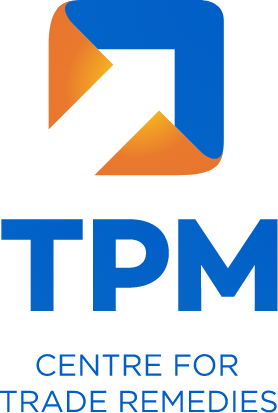New Form of Limited Reviews: The Way Forward?

A mid-term review is referred to as a review conducted by the Designated Authority after an anti-dumping or countervailing duty is imposed and before the expiry of the said duty. Mid-term reviews can be initiated on receipt of an application from any interested party after a lapse of a reasonable period of time. However, the Authority may conduct such a review on its own initiative as well. Reviews may be conducted for examining the need for withdrawal of duty, change in scope of the product under consideration, change in name of exporter, enhancement of the quantum of duty levied, or alteration of the form of duty. A review limited to a certain aspect of the duty in force, such as quantum of duty, name of exporter or scope of product under consideration, is considered a limited review.
Other jurisdictions such as Australia, Canada, European Union and the United States have been conducting limited reviews for examining the need to enhance or reduce the quantum of duty, or for modification to the form of duty. In such a limited review, the concerned Authority would only consider the relevant parameters to re-determine dumping/subsidy margin and injury margin, where applicable, and issue findings accordingly. For instance, the US law allows for administrative reviews, which can be conducted on a periodic basis, to examine the need for enhancement or reduction of duty. Similarly, the Canadian law also allows any interested party to file an application for re-investigation of normal value or export price. In such reviews, the investigating authority shall limit its examination to the re-determination of the dumping / subsidy margin, and shall not examine injury to the domestic industry, likelihood of continuation or recurrence of dumping or injury in the event of expiry of duty or causal link.
On the other hand, in India, once an application for mid-term review is received, it has been the practice of the Authority to conduct an extensive review covering all aspects of the concerned original finding that was issued, in detail. Thus, even though the application would have been limited to a particular aspect of the finding, the review would become as comprehensive as the finding itself. An example of such a finding would be in the mid-term review investigation of Caustic Soda from Iran, Saudi Arabia, and the USA wherein, even though an application was filed to enhance the quantum of duty against Iran1, the review was conducted for all the subject countries and covering all aspects of the original finding. Similarly, in the case of Sodium Nitrite from China PR2, the review application was filed to alter the form of duty from benchmark to fixed and enhance the quantum of duty, but the Authority conducted a detailed review covering all aspects of the findings. In Bias Tyres for Bus and Lorries/Trucks from China PR and Thailand3 too, the review application was filed to enhance the quantum of duty and change the form, but the investigation covered all the aspects of the original finding. Therefore, the Designated Authority conducted a complete analysis, as is undertaken in an original or sunset review, in a mid-term review as well. This has often resulted in such reviews requiring significant time and effort.
However, recently, the Designated Authority, through an Office Memorandum dated 18th July 2019 has stated that a review application limited to quantum or form of duty can be filed by any interested party under Rule 23 of the Anti-Dumping Rules and Rule 24 of the Countervailing Duty Rules. In such a review, the Authority would determine a fresh period of investigation and examine only the key parameters relevant to change the quantum or form of duty, that is, the dumping margin / subsidy margin and injury margin. The changed circumstances that may warrant such a review could be changes in raw material prices, costs, duty structure, exchange rate etc.
This Office Memorandum would allow the Indian practice to come in line with the international practice, and thereby, make the entire review process shorter, faster and also reduce unnecessary burden on the Designated Authority. However, it may be noted that while the Memorandum allows for such reviews, India is yet to initiate such a review till date.





